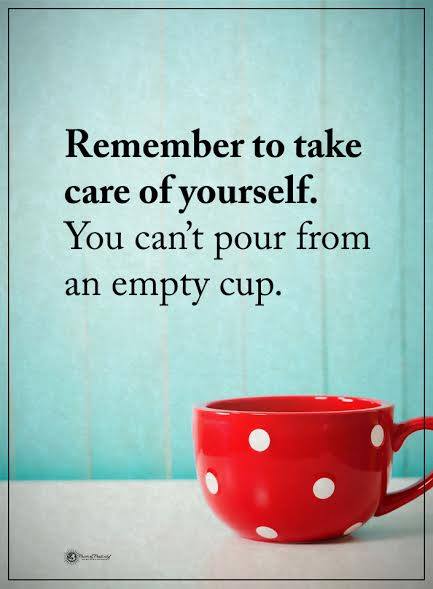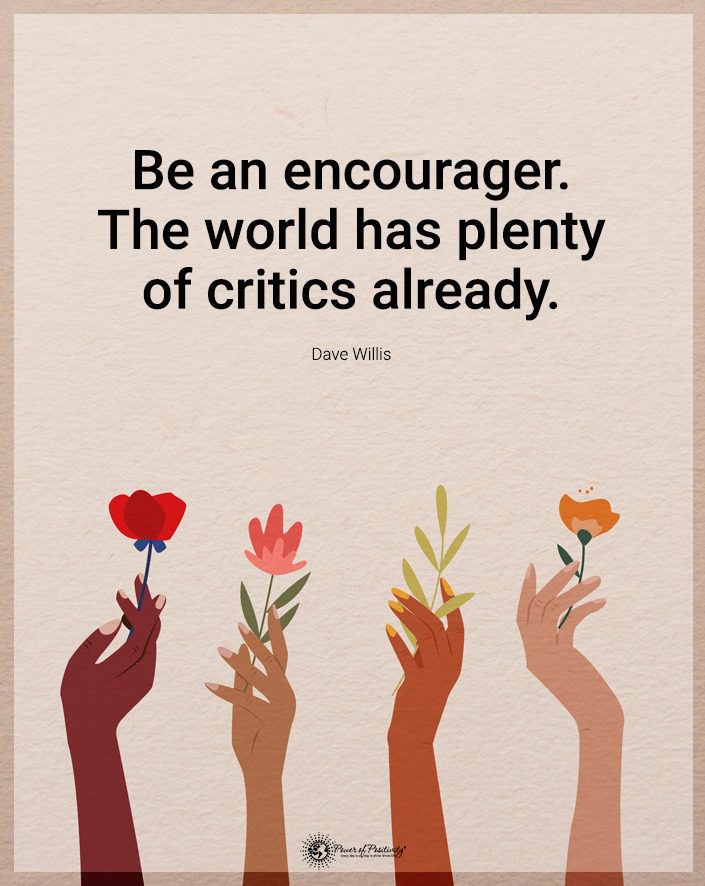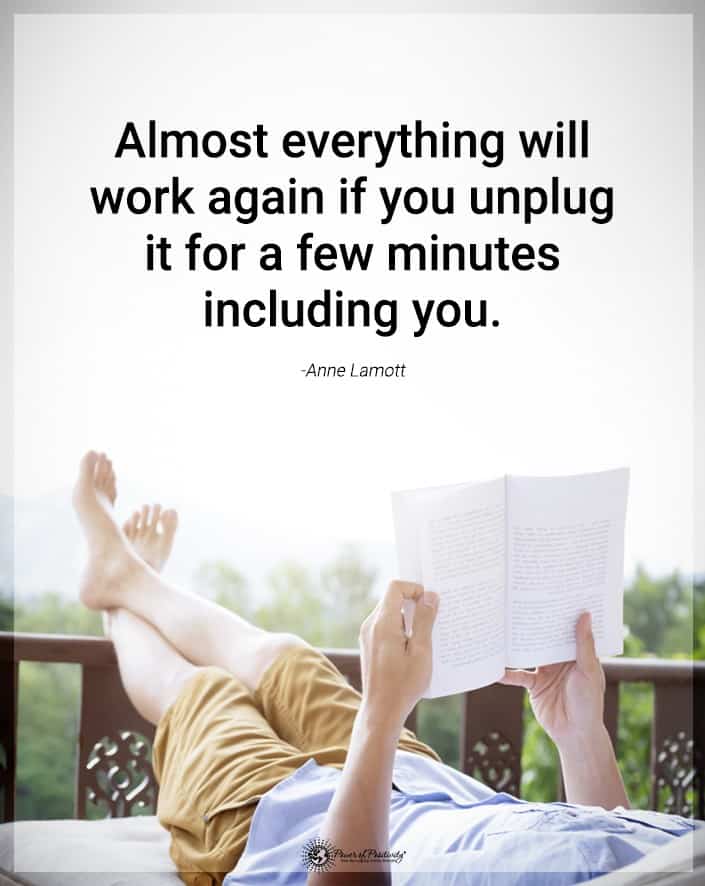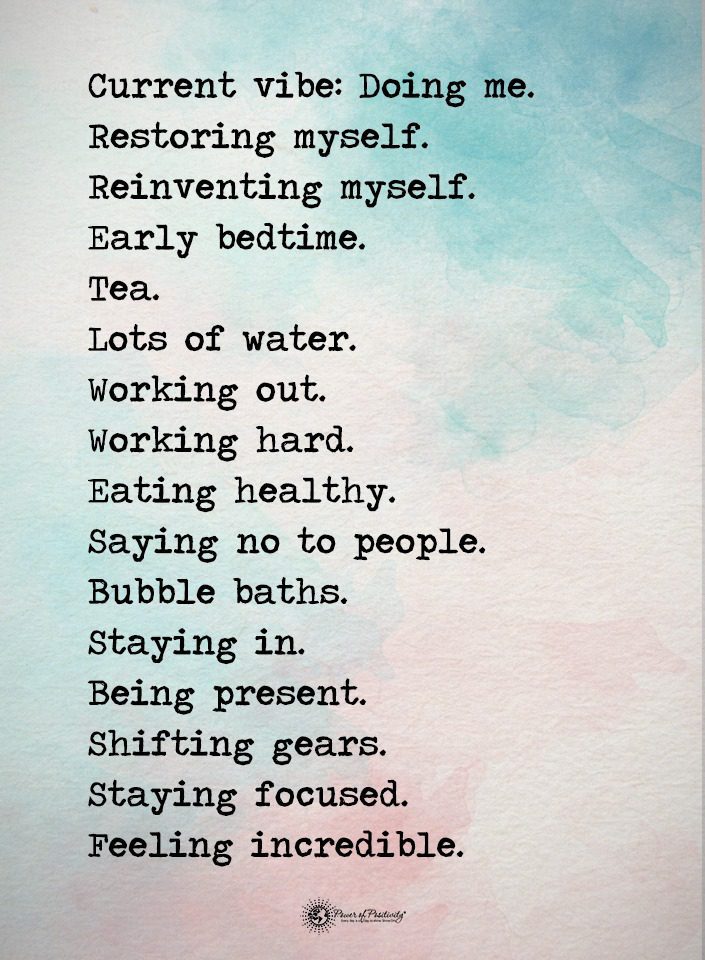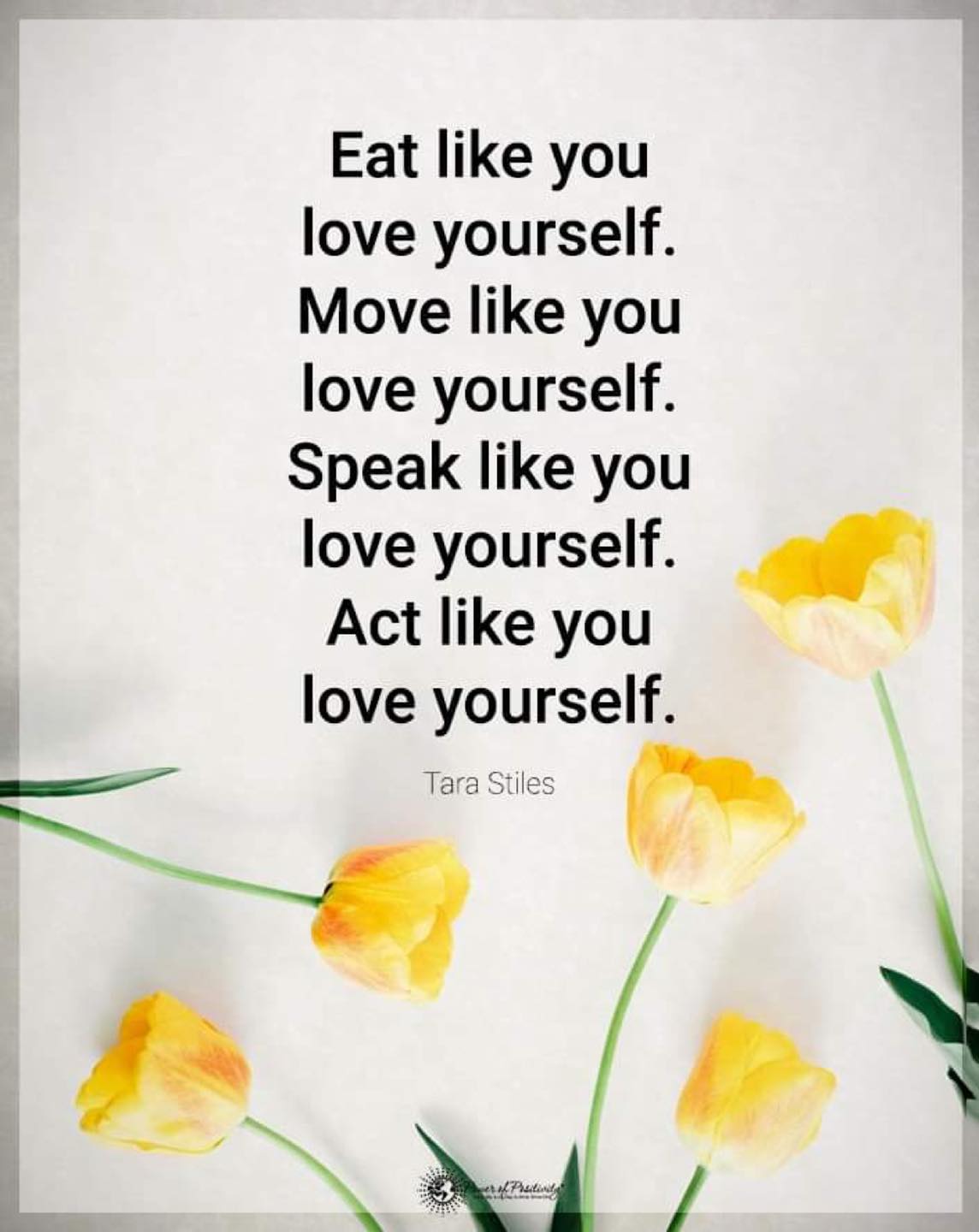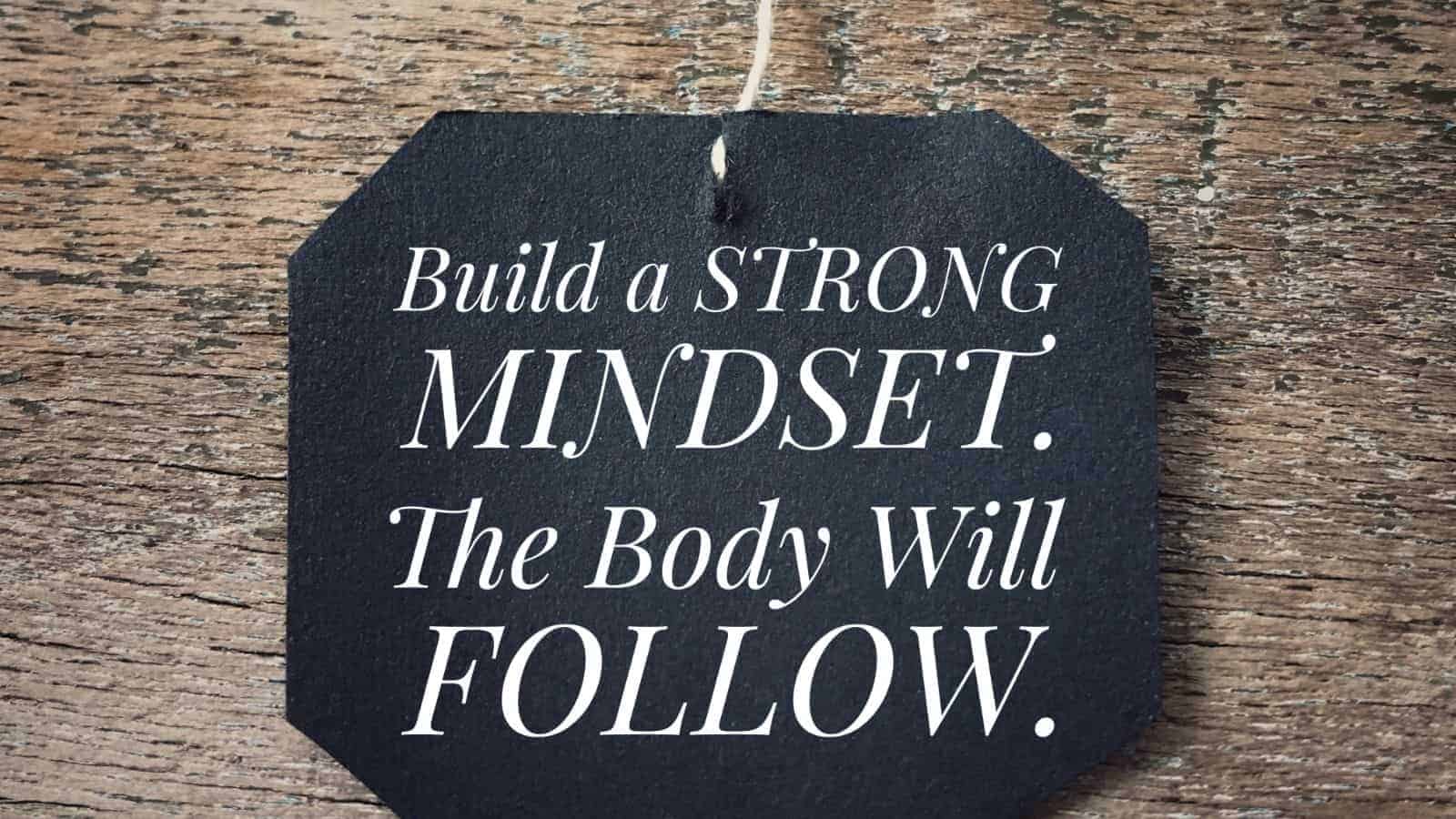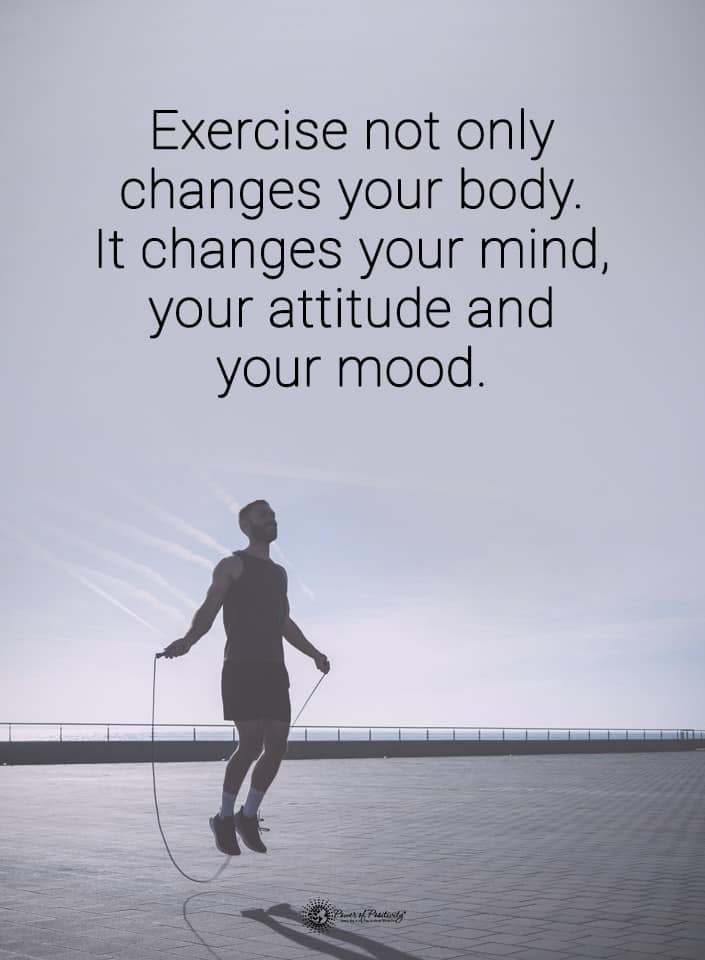If you have a few extra pounds you want to lose, you’ve probably tried a fad diet or two. These restrictive diets focus on cutting out calories, food groups, and types of foods to get the weight off quickly. You’ve probably had luck with a few of them and seen the benefits of these eating plans.
Some consider the Keto, Atkins, Cabbage Soup, South Beach, or the Paleo to be unhealthy restricting diets. The thing with fads is that they work for many people, but the drawbacks are that they don’t last for long. Take, for instance, the Atkins diet.
Eating this meal plan requires eating more protein and healthy fats while cutting out simple carbohydrates. Fruits are almost nonexistent on this plan, except for low sugar offerings in the berry family. Can you lose weight eating like this? Absolutely!
You can lose a ton of weight by cutting out carbs, high starch foods, and sugars, but the problem is that most people cannot maintain this eating style long term. It isn’t very reasonable to think that you will never eat a piece of bread, a banana, or have corn on the cob again. Dieting must be a balance between realistic and doable.
Ten Ways a Restrictive Diet Can Lead to Binge Eating
There are significant issues with eating a restrictive diet, partly because you should never limit yourself too much. There’s nothing wrong with a slice of cake, piece of pineapple, or potato, as long as it’s in moderation. Here are ten reasons why these restrictive dieting plans don’t work and how they can lead to binge eating.
1. Your Restrictive Diet Disallows Treats
Can you honestly say to yourself that you can never have a piece of birthday cake again? No, you must learn to limit your portions, eat more cake than sugary icing, and live with limits. It’s unfeasible to tell yourself that you will never enjoy a donut, candy bar, or ice cream, but you must remind yourself that you can only have these for a special treat.
2. You Follow Unrealistic Fad Diets
Since fad dieting is known to cut out whole food groups, it’s unrealistic. There’s nothing wrong with eating fruits and all vegetables. Sure, you might need to limit your potatoes due to starch content, but fruits provide nutrients your body needs.
Additionally, you can eat fruits and vegetables as part of a plant-based diet. According to Eat This Not That, you’re more likely to binge due to hunger after processed foods or other unhealthy choices. That’s because the fiber content in a plant-based diet is high, and your body needs the fiber to sustain you.
3. A Restrictive Diet Often Means That You’re Not Eating Enough During the Day
How many times have you hidden in the pantry to binge eat foods you know you shouldn’t, but you’re so hungry you feel crazed? What you’re doing is not out of the ordinary. When you restrict yourself so much that you feel deprived, you’re going to rebel.
What happens when you tell your child that they’re not allowed to have any cookies till after dinner? They’re going to wait until your back is turned and grab a handful. Telling yourself no is counterproductive because it put you in the mindset that you must sneak and eat what you want when you’re hungry.
4. You’re Not Aware of Your Triggers
Restrictive eating plans do nothing for the psychological reasons behind your weight problem. Each person has triggers that cause them to overeat, such as emotions or stress. Making yourself eat only 1,200 calories isn’t going to address the elephant in the room.
Unless you learn to identify why you overeat, then trying to make yourself eat such a low number of calories will make you more apt to binge. Losing weight must always start in the brain, as your poor eating habits need to be addressed. There’s a reason behind every weight problem, and you must uncover and fix it before you will be successful.
5. There’s No Physical Activity in the Mix
One of the biggest attractions to diets like the Keto or Atkins is that people can lose tons of weight without exercise. Exercise is an integral part of the mix because it helps you shrink skin that’s been stretched from weight and improve your overall health.
According to Aleisha Fetters, MS, CSCS, in an article on US Health News, cutting calories helps you to lose weight, exercise helps you burn fat. When you’re working out and eating the right things, your chances of binging are less as you commit to your goals. Exercise and weight loss go together like a sock and shoe, and if you want to feel so good that binging doesn’t even cross your mind, then give a hundred percent of yourself.

6. You’re Stuck in a Vicious Cycle When You Follow a Restrictive Diet
You start on a plan determined to lose weight. You do good for a few days, then you struggle because you feel hungry, so you binge eat. Then, you get back up on the right path, and the vicious cycle starts again.
This pattern has been studied and well documented by the Multi-Service Eating Disorders Association. Per an article on their site, it’s pretty easy to develop a binge eating disorder when you use restrictive dieting. If you restrict yourself too much, it’s possible to create issues that stem from compensatory behaviors, such as binging and purging.
If you want a candy bar, eat it! However, make sure you run extra on the treadmill to burn off those calories. The decisive thing is that you can eat anything you want, as long as you have the physical activity to sustain such caloric intake. You only gain weight when you consume more than you burn.
7. You’re Less Apt to Return to a Restrictive Diet if You Slip Up
A significant issue with restrictive diets is that you’re less apt to get up again once you fall off the wagon. It’s more challenging to force yourself back on such a restrictive eating plan when you know you can’t have the foods you love. Even if food is healthy, being on a schedule that limits it gives you negative connotations.
However, a well-rounded eating plan that allows you to enjoy all the things you like is best. The key is to learn portion control and eat in moderation, and you will succeed at the battle of the bulge.
8. You’re Not Reducing Your Sugar Intake
If you reduce your caloric intake to 1,200-1,500 calories a day, many people feel this is sufficient, and they don’t need to watch sugar intake. They fill up on things that appear to be healthy, such as yogurt, rice cakes, chips, and other snacks. Why do some folks feel that no other limits are necessary if they eat a certain calorie amount?
Part of that is genuine, but not all calories are created equal. If you consume 1,200 calories from fruits and vegetables, it’s a better choice than eating that much in chips and snack cakes. While you might lose weight, you’re more apt to binge when you’re still ingesting sugary substances, as your body craves more.
9. There’s No Food Journal to Keep You Accountable
According to Kathy McManus, the Director of the Department of Nutrition at the Harvard Medical School, a food journal brings accountability. You’re committing to healthy eating when you put things down on paper.
You’re making a conscious choice to stay within your limits, be accountable for the calories you’ve consumed, and it makes you more apt to avoid binging. You become more mindful when you’re answering to someone, even in a journal, regarding your food intake.
10. A Restrictive Diet May Label Foods as Good or Bad
Why do people mentally label foods as good or bad? Remember when they told you to stay away from eggs a few years ago due to the cholesterol in the yolk? Reports like The American Heart Association state that they’re a rich source of protein and vitamins that should be eaten in moderation.
If you like eggs, eat them. Just make sure you limit yourself to no more than two per day. Additionally, you can have potatoes, raisins, grapes, and sugary pineapple, but you need to watch your portions. Stop labeling foods as good or bad, making you more apt to binge because you feel restricted.
Final Thoughts on Ways a Restrictive Diet Can Lead to Binge Eating
Losing weight is never easy, no matter how you attempt to do it. The key is to learn portion control, a massive problem in this country. Stop putting your foods into categories as either good or bad, and you need to realize that you can have anything you want if you burn enough calories doing physical activity.
Binge eating is a challenge, and it’s a trap that you’re going to fall into at some point in time. Author Roy T. Bennett made a powerful statement when he told his audience that it doesn’t matter how many times you fall, but you need to ensure you get up one more time than if you make a mistake.
Don’t rely on restrictive diets and fad eating plans that only bring short-term weight loss, but you should focus on getting healthy and fueling your body with the right combinations.


